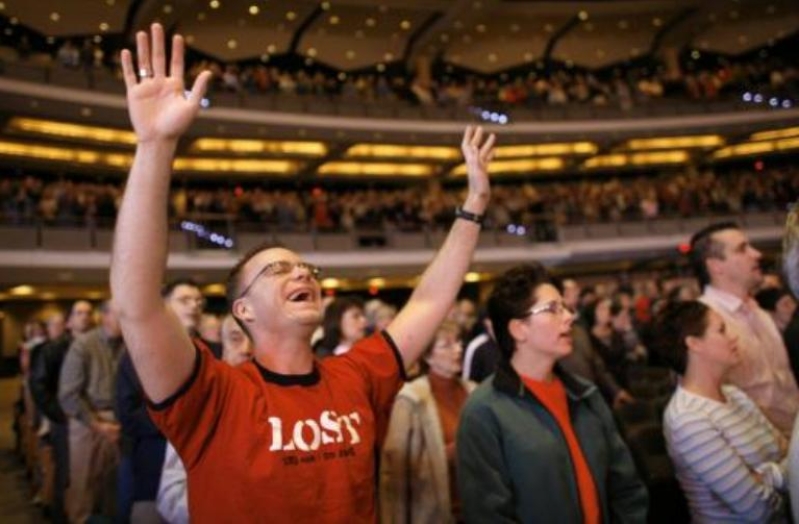
Church attendance may be a free elixir for improving the physical and mental health of millions of Americans, claims a Harvard University epidemiology professor and a faith-focused editor. Hailing religion as a potential "miracle drug," current health research indicates going to church once a week could reduce mortality by 20 percent to 30 percent over a 15-year period.
Health and religion are very much connected, stated epidemiology professor Tyler VanderWeele in USA Today. His new research with colleagues at Harvard's T.H. Chan School of Public Health builds on 20-plus years of prior work in this area. He said it suggests that attending religious services brings about better physical and mental health. Adults who do so at least once a week, versus not at all, have been shown to have a significantly lower risk of dying over a next decade and a half. The results have been replicated in enough studies and populations to be considered quite reliable, said VanderWeele.
This science does not endorse one faith over another, or suggest what society is to do with such information, said the Harvard professor. "But there are two opportunities - one societal and one personal - for good to come from this work," he said.
"The news media, the academy and the broader public could use this new understanding to weigh religion's greater societal value. And for individuals, this research provides a not-so-subtle invitation to reconsider what religion can do for them."
Nearly half of the country, or about 2 in 5 Americans, reports having attended a religious service in the past week.
A Nurses' Health Study finds social support is critical to achieving positive health effects, but accounts for only about a quarter of the effect on one's health. Other mechanisms, such as behavioral norms at services, seem to be important as well. For instance, those attending are less likely to smoke, or more likely to quit altogether, producing significant health benefits, said John Siniff, a journalist who examines the intersection of faith and public life.
The research at Harvard and elsewhere indicates that, possibly due to a message of faith or hope, those who attend services are more optimistic and have lower rates of depression. Harvard data also shows church attendance protects against suicide. Others have found that churchgoers report having a greater purpose in life and developing more self-control, which are both mechanisms by which service attendance might affect health.
The associations between religion and health should force us to re-evaluate religion's role in society and public life, believes Siniff. "Religion is often perceived negatively today, and at times it's well earned. But the effects of religious participation are often profoundly positive, a point too often neglected or ignored. The health benefits can be added to a long list of virtues found with an active religious life."
Attending religious services has been shown to increase the likelihood of a stable marriage, to elevate one's sense of meaning, and to expand one's social network. It leads to greater charitable giving and more robust volunteering and civic engagement. The effects are profound across numerous domains of life. This has important implications for the extent to which society promotes and protects religious institutions, the maintenance of their nonprofit tax-exempt status, and how the contribution of such institutions is portrayed in the media, the academy, and beyond, state VanderWeele and Siniff.







